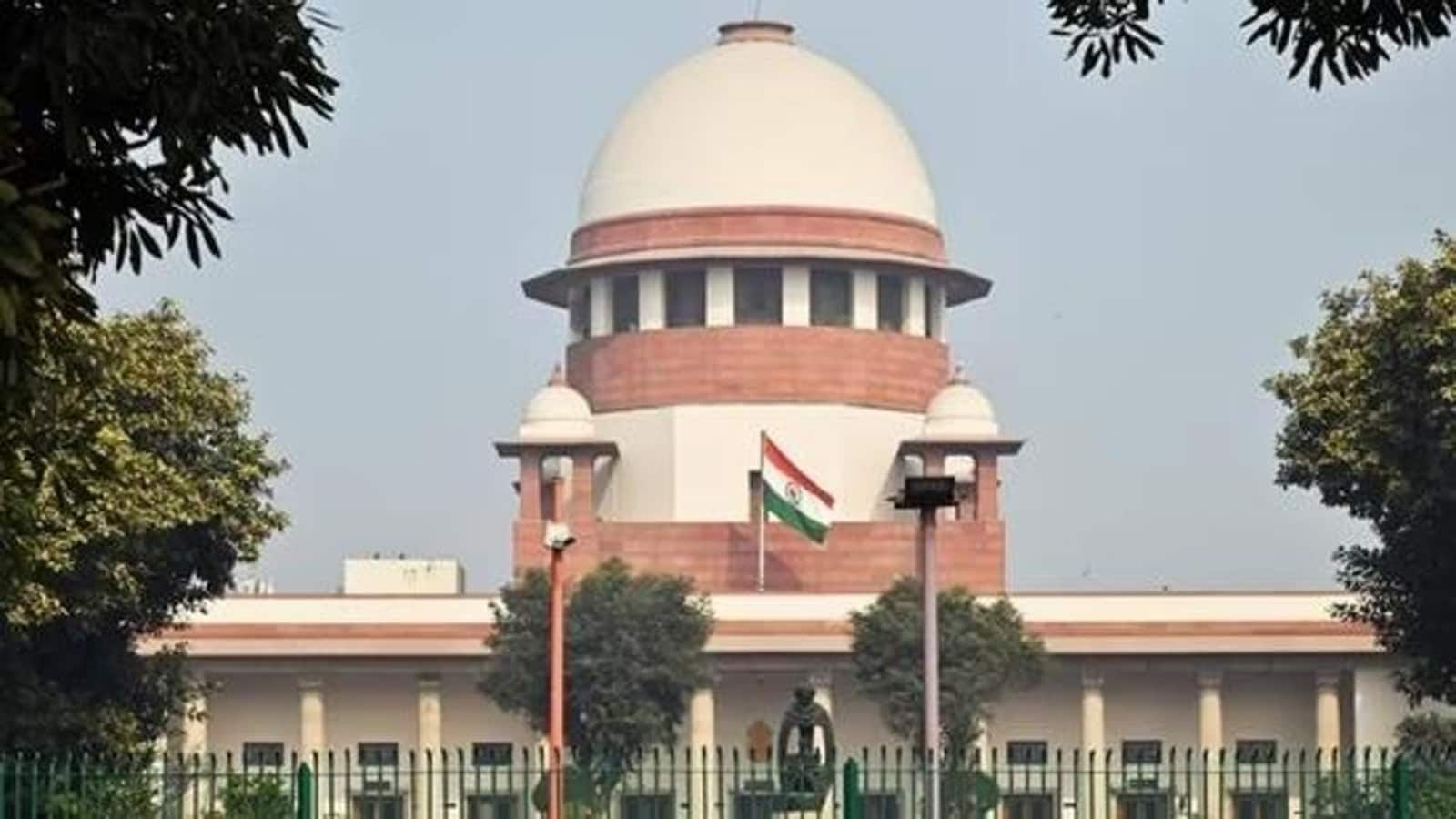
Supreme Court stays NCPCR's recommendations on madrassas
What's the story
The Supreme Court has stayed the implementation of recommendations of the National Commission for Protection of Child Rights (NCPCR) on madrassas. The NCPCR had recommended stopping state funding to Madrassas that do not comply with the Right to Education (RTE) Act. The bench of Chief Justice DY Chandrachud and Justices JB Pardiwala and Manoj Misra passed the order on a plea by Jamiat Ulema-i-Hind against Uttar Pradesh and Tripura governments' action against unrecognized madrassas.
Political backlash
NCPCR's recommendations draw political criticism
The NCPCR's report has been criticized by political figures like Samajwadi Party chief Akhilesh Yadav, who accused the Bharatiya Janata Party of selectively targeting minority institutions. Kerala's Indian Union Muslim League also criticized it as part of a communal agenda by the BJP-led government. However, NCPCR chairperson Priyank Kanoongo clarified that they didn't advocate closing Madrassas but recommended stopping state funding to ensure poor Muslim children receive education.
Clarification issued
NCPCR chairperson clarifies stance on madrassa funding
Kanoongo said, "We never advocated for the closure of madrasas." He stressed that poor Muslim kids are often forced into religious schooling, sacrificing secular education. The Supreme Court's stay order stops the Centre and states from taking immediate action on the NCPCR's recommendations. Jamiat Ulama-i-Hind had claimed these recommendations violate minority rights to run educational institutions. Counsel Indira Jaising had argued the directive had no legal authority and violated constitutional rights.
Education standardization
NCPCR's recommendations intended to standardize education
The NCPCR had urged state governments to stop funding Madrassa boards, dissolve them and transfer students to mainstream schools. This was to enforce RTE compliance and standardize education for all children, including those in Madrassas. However, Jamiat Ulama-i-Hind sought Supreme Court intervention, arguing such actions lacked legal justification under current laws. The court has now ordered communications issued by the body on June 7 and June 25 shouldn't be implemented till further notice.